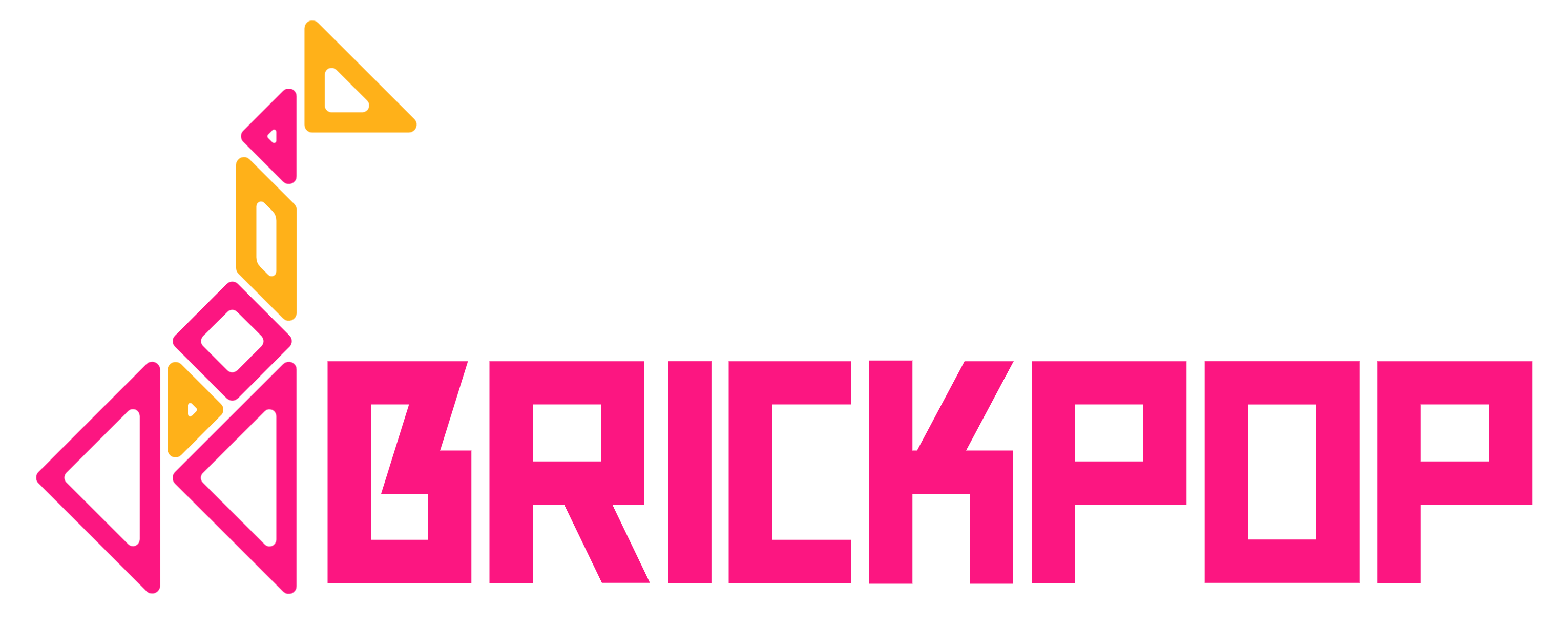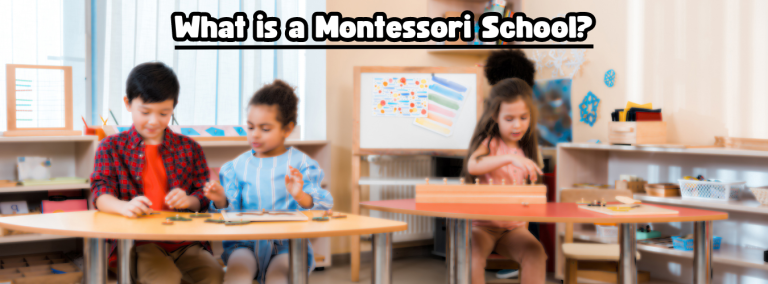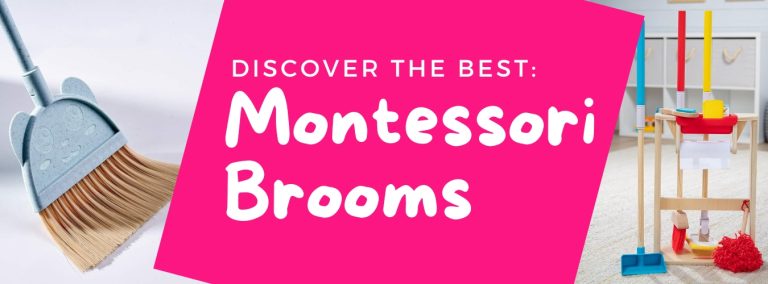Montessori Education: Exploring the Benefits and Framework
A child’s early education lays the foundation for their future academic and personal success. In recent years, Montessori education has gained popularity for its unique approach to teaching and learning. This article will explore the benefits and framework of Montessori education, providing parents with valuable information to help them make an informed decision for their child’s education.
What is Montessori Education?
Montessori education is an innovative approach to education developed by Dr. Maria Montessori in the early 20th century. It is based on the philosophy that each child is a unique individual and has the innate ability to learn and develop at their own pace. Montessori education aims to nurture each child’s natural desire for discovery, independence, and love for learning.
The history of Montessori education dates back to Maria Montessori’s early work with underprivileged children in Italy. She observed that when given the freedom to explore a carefully prepared environment, children showed remarkable independence and concentration. Montessori’s philosophy and method of education soon gained recognition and spread across the globe.
How does Montessori Education work?
In a Montessori classroom, children have the freedom to move around and choose activities that interest them. The environment is carefully designed to promote exploration, with age-appropriate materials and activities that cater to the child’s developmental needs. Montessori classrooms are mixed-age, allowing younger children to learn from older peers and older children to reinforce their knowledge by teaching younger ones.
The role of the Montessori teacher is that of a guide, observing and guiding each child’s progress and providing individualized instruction when needed. Montessori teachers create a supportive and nurturing environment that fosters independence, self-discipline, and a love for learning. They encourage children to take ownership of their education and develop problem-solving and critical thinking skills.
The Montessori method is based on several key principles. One principle is the belief in the importance of a prepared environment, where materials are carefully chosen and presented to the child in an orderly and accessible manner. Another principle is the emphasis on hands-on learning and sensory experiences, as Maria Montessori believed that children learn best through their senses. The Montessori method also promotes freedom of choice, respect for individual differences, and the development of practical life skills.
What are the benefits of Montessori Education?
Montessori education offers several benefits that contribute to the holistic development of a child. One key benefit is the promotion of independence and self-discipline. Through the Montessori approach, children learn to take responsibility for their own learning and develop a sense of self-confidence and self-esteem.
Another significant benefit of Montessori education is the fostered love for learning. By allowing children to explore topics that interest them, Montessori education ignites their curiosity and natural desire to learn. This love for learning becomes a foundation for their academic journey, instilling a lifelong passion for knowledge.
Montessori education also focuses on the development of social and emotional skills. In a mixed-age classroom, children learn to interact and collaborate with peers of different ages, fostering a sense of community and empathy. Montessori classrooms promote respect for oneself, others, and the environment, teaching children valuable life skills such as conflict resolution, empathy, and responsibility.
What are the potential drawbacks of Montessori Education?
While Montessori education offers numerous benefits, it may not be suitable for every child or family. One potential drawback is the minimal emphasis on structured academics. Montessori classrooms prioritize hands-on learning and individual exploration, which may not align with traditional academic expectations. Parents who value a more structured academic curriculum may find the Montessori approach less appealing.
Another potential drawback is the potential for high costs. Montessori schools often require a considerable financial investment, as they may have lower student-to-teacher ratios and specialized materials. It is essential for parents to consider their budget and financial situation when exploring Montessori education for their child.
Furthermore, the success of Montessori education relies on a supportive home environment. Parents play a crucial role in reinforcing the principles and values learned at school. A lack of consistency between the home and school environment may hinder a child’s progress and overall educational experience.
Is Montessori Education right for my child?
When considering Montessori education for your child, it is important to assess their learning style and needs. Montessori education is ideal for children who thrive in an environment that promotes independence, hands-on learning, and individual exploration. It is also beneficial for children who are self-motivated and enjoy a sense of freedom in their learning process.
Weighing the pros and cons of Montessori education is another crucial step in the decision-making process. While the benefits of Montessori education are significant, it is essential to consider the potential drawbacks and ensure they align with your child’s and family’s priorities.
Researching Montessori schools and programs is vital to finding the best fit for your child. Look for accredited Montessori schools affiliated with organizations such as the Association Montessori Internationale (AMI) or the American Montessori Society (AMS). These organizations ensure that the school follows the principles and guidelines set forth by Maria Montessori’s vision.
The Association Montessori Internationale (AMI)
The Association Montessori Internationale (AMI) plays a significant role in Montessori education. Founded by Maria Montessori herself, AMI is dedicated to maintaining the integrity of her vision and ensuring high standards of Montessori practice worldwide.
Choosing an AMI-accredited school provides assurance that the school has met the rigorous standards set by AMI. These schools adhere to Montessori’s philosophy and methodologies, providing an authentic Montessori education experience for children.
It is important to note that there are other Montessori affiliations and organizations, each with its own set of standards and guidelines. While these affiliations may offer quality education programs, parents should research and evaluate their alignment with Maria Montessori’s original philosophy and principles.





